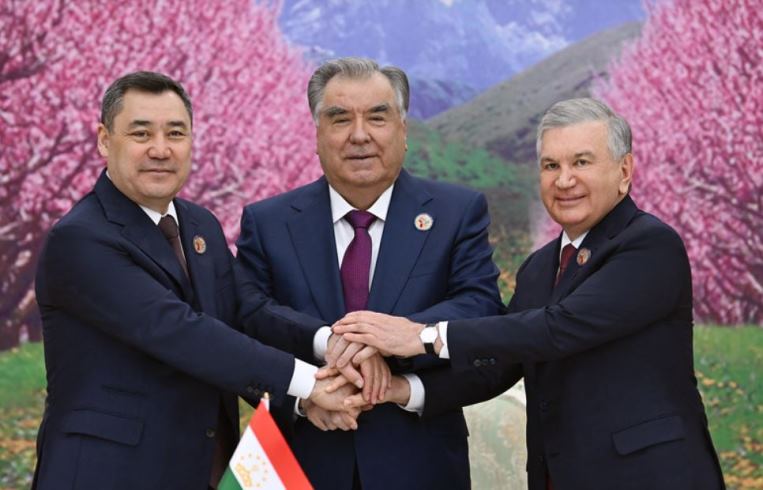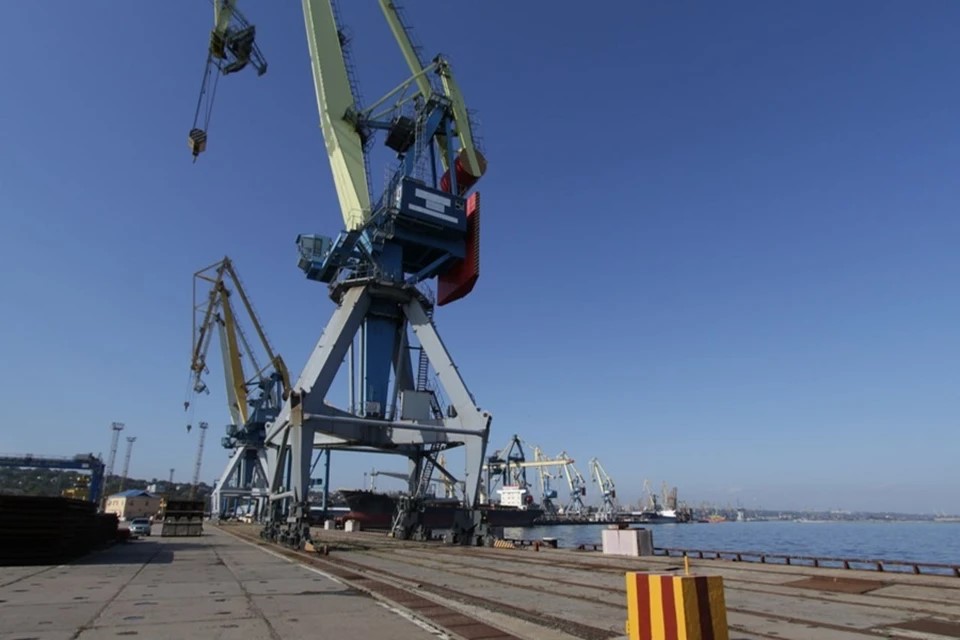The leaders of Kyrgyzstan, Tajikistan, and Uzbekistan have signed the Treaty on the Junction Point of the State Borders of the Three Countries and the Khujand Declaration on Eternal Friendship. The agreement resolves border issues after 23 years of negotiations.
The presidents emphasized that "the signing of these documents symbolizes respect for the sovereignty and territorial integrity of the countries and serves as an example of constructive dialogue and effective cooperation in Central Asia."

The Foreign Intelligence Service of Ukraine (SZRU) recalls that the first administrative borders in the Fergana Valley were delineated by Soviet authorities in the 1920s–1930s. After the collapse of the USSR in 1991, around 70 border sections remained disputed. The multiethnic composition of the region and the presence of eight enclaves have periodically led to local armed conflicts.
After the collapse of the USSR, around 70 sections of the Tajik-Kyrgyz border, spanning over 972 km, became disputed. This led to frequent clashes between local residents and border guards from both countries, including incidents with casualties.
The process of delimitation and demarcation of these sections began in 2002 with the establishment of a dedicated interstate commission.
From September 14 to 19, 2022, the largest conflict between Tajikistan and Kyrgyzstan took place. Shootouts between military forces occurred simultaneously across multiple border areas stretching over 100 km.
The leaders of the three countries also agreed to expand economic cooperation, modernize border infrastructure, and develop transport links.
The resolution of border issues is a historic event for these three nations, particularly given Moscow’s long-standing policy of fostering discord and conflicts in the region. The agreements reached at the trilateral summit will serve as a catalyst for new integration initiatives, strengthening cooperation among Central Asian countries in the fields of economy, trade, logistics, and energy—without Russia’s involvement.




















